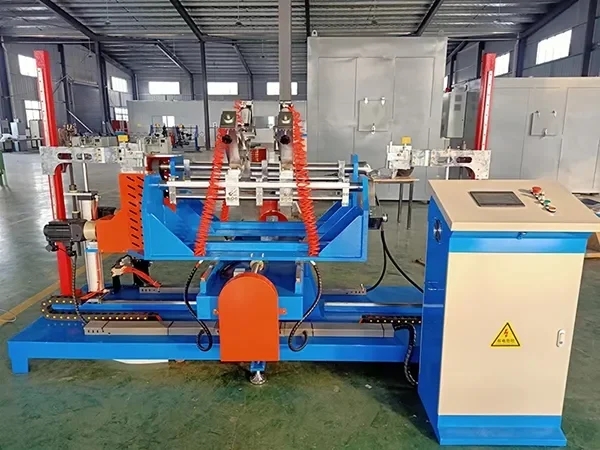In today's fast-paced world, where technology and innovation are constantly evolving, frequent maintenance has become a crucial aspect of ensuring the smooth functioning and longevity of various industries. From manufacturing plants to IT systems, regular maintenance plays a pivotal role in optimizing performance, reducing downtime, and enhancing overall productivity. This article delves into the significance of frequent maintenance across different sectors, highlighting its benefits and providing insights into its implementation.
- Understanding Frequent Maintenance:
Frequent maintenance refers to the regular inspection, servicing, and repair of equipment, systems, or processes to prevent potential failures, identify issues in their early stages, and maintain optimal performance. It involves proactive measures to address wear and tear, update software, replace parts, and ensure compliance with safety standards. - Manufacturing Industry:
In the manufacturing sector, frequent maintenance is essential to prevent costly breakdowns, minimize production downtime, and ensure product quality. Regular equipment inspections, lubrication, calibration, and cleaning routines can significantly enhance operational efficiency, reduce energy consumption, and extend the lifespan of machinery. Additionally, predictive maintenance techniques, such as vibration analysis and thermal imaging, enable early detection of potential failures, enabling timely repairs and preventing major disruptions. - IT and Software Systems:
In the digital age, IT infrastructure and software systems are the backbone of many industries. Frequent maintenance of servers, networks, and software applications is crucial to ensure data security, system stability, and uninterrupted operations. Regular updates, patches, and security audits help identify vulnerabilities, protect against cyber threats, and optimize system performance. Moreover, proactive hardware maintenance, such as cleaning dust, replacing worn-out components, and monitoring temperature, can prevent unexpected failures and data loss. - Transportation and Logistics:
The transportation and logistics industry heavily relies on vehicles, machinery, and infrastructure to deliver goods and services efficiently. Frequent maintenance of vehicles, including regular inspections, oil changes, tire rotations, and brake checks, ensures safe and reliable transportation while minimizing the risk of accidents. Similarly, maintaining and repairing infrastructure, such as roads, bridges, and ports, guarantees smooth operations, reduces congestion, and enhances overall logistics efficiency. - Healthcare Sector:
In the healthcare sector, frequent maintenance is critical to ensuring patient safety, accurate diagnoses, and efficient treatment. Medical equipment, ranging from diagnostic machines to life-support systems, requires regular calibration, cleaning, and performance checks to deliver accurate results and minimize the risk of errors. Moreover, maintaining a hygienic environment through regular cleaning, sterilization, and air quality control is essential to prevent the spread of infections and maintain a safe healthcare facility.
Conclusion:
Frequent maintenance is an indispensable practice across various industries, offering numerous benefits such as increased productivity, reduced downtime, enhanced safety, and improved cost-efficiency. By prioritizing regular inspections, servicing, and repairs, businesses can optimize their operations, prolong the lifespan of equipment, and stay ahead of potential failures. Embracing a proactive maintenance approach not only ensures smooth functioning but also contributes to the overall success and competitiveness of organizations in today's dynamic business landscape.





